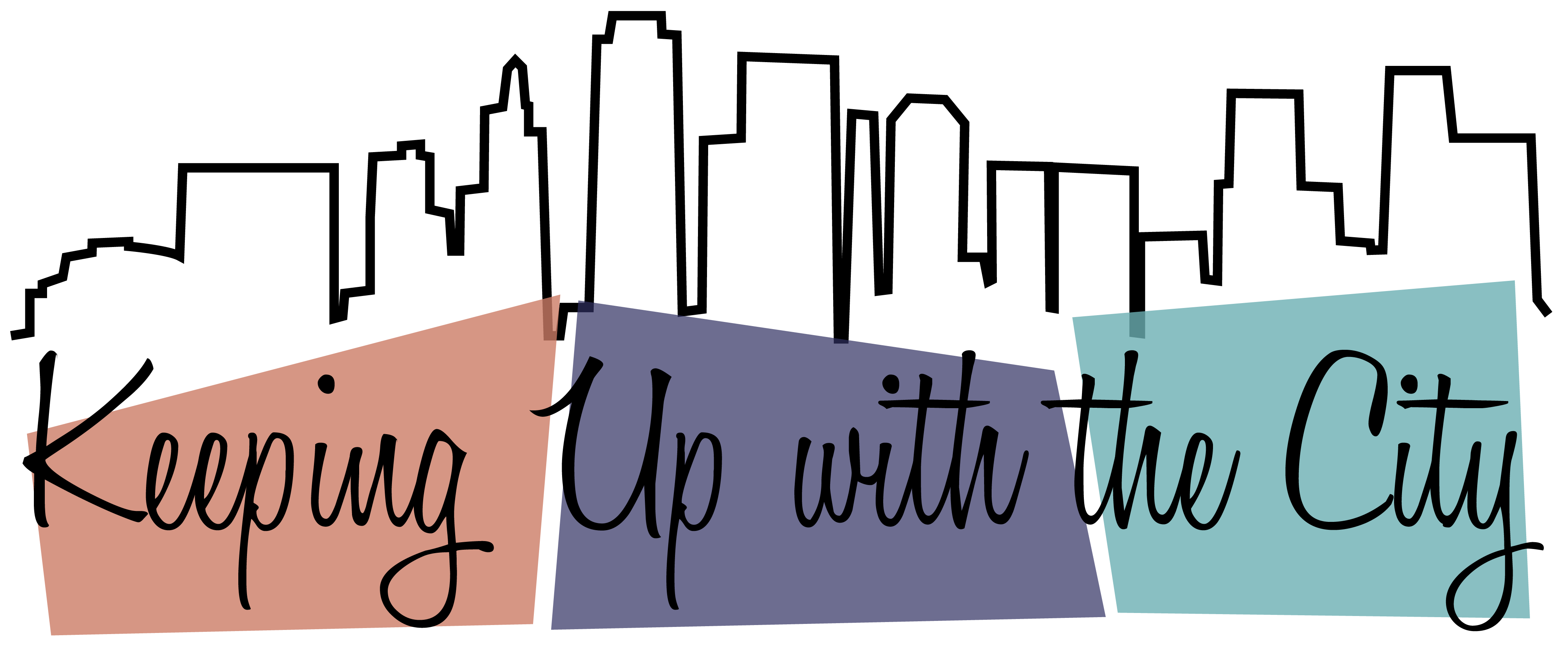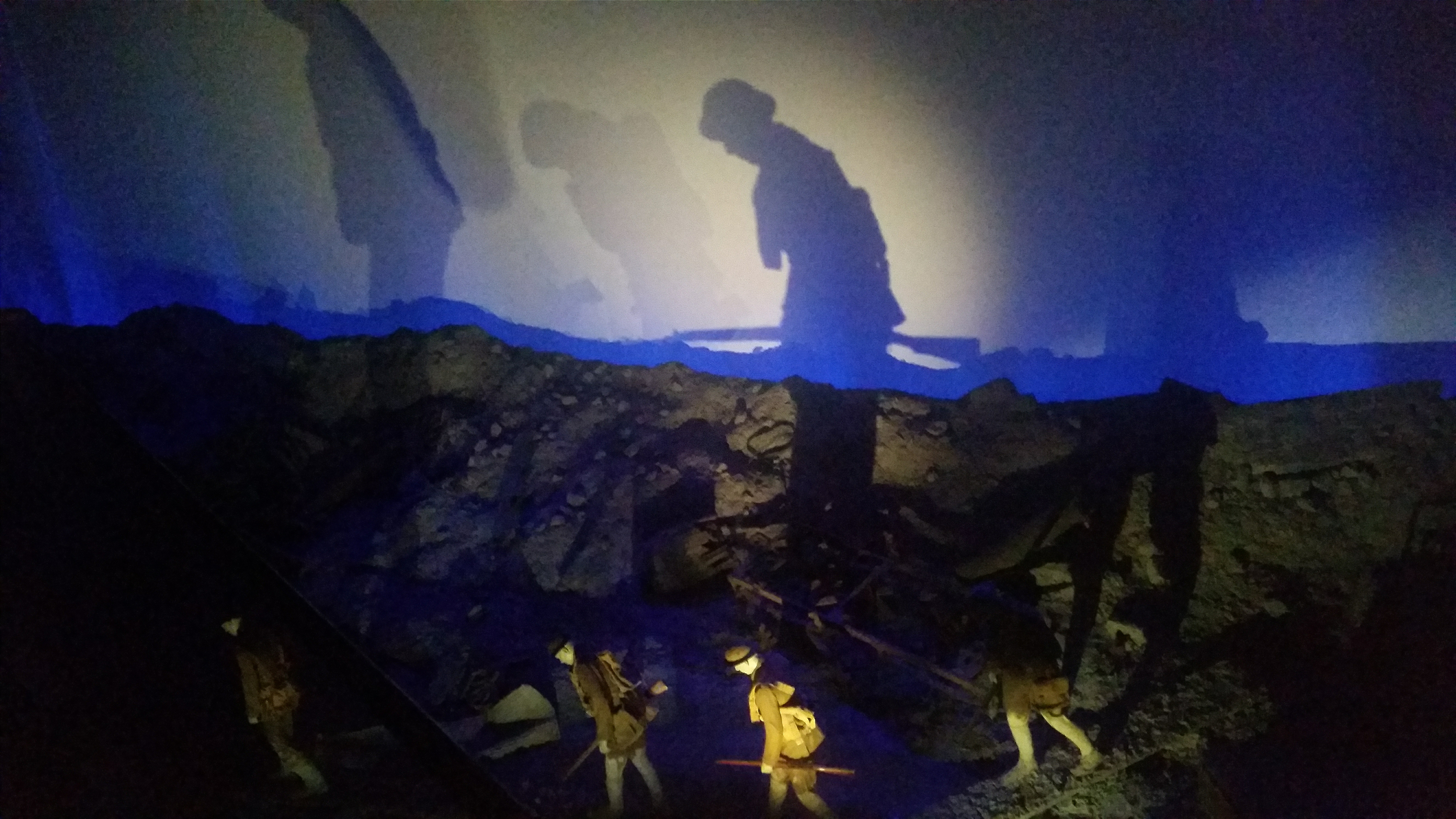Reflections on Memorial Day at the WWI Museum
Last weekend, my boyfriend, Brent and I took a trip down to the WWI Museum because he loves history and I’ve never been. All my life, I have always found myself surrounded by history buffs. But, the history fanatic that stands out to me the most is my minister. He has always expressed a love of history, even going so far as attending local historical events around the city. But, it isn’t just his love of history that I admire; it’s also his ability to understand that knowledge of history will strongly affect the future. As a young girl, I didn’t quite understand just how important history was but as an older young girl, it is starting to become apparent that we have forgotten that pieces of history that make us who we are as Americans.
At the WWI Museum, you are invited to watch a film that explores the reasons why the war started in the first place. The most glaring reason; evolving and expanding ideas along with the expansion of technology. As we develop more knowledge about the world, the more compelled we are to take charge and harness that knowledge before anyone else; such was the world then and so it still is today. This seems to be one of the origins of war.
Conversely, our thoughts of war shifted to the opposite end of the pendulum. While many Americans accepted and supported America’s inevitable entrance into WWI, today’s Americans are less supportive of America’s involvement in world affairs. But, however your political chips may fall in respect to America’s involvement in global affairs, WWI is the reason we are so involved in the world now. Although many of us hoped we could slip back into the shadows after the end of the Great War, there is no hiding. Our country is a world power and our reactions to world affairs come with lofty consequences whether they are good or bad.
Our attitudes about why we are entering into war also seem to shape our attitudes towards those fighting our wars. WWI soldiers returned as heroes—subsequently, the hit of the Great Depression would strip these heroes of their masculinity, as they were unable to provide for the household. WWII soldiers were also welcomed and revered as heroes. Soldiers returning from the Vietnam War—the first televised war, meant to allow civilians to witness the heroism of their U.S. troops, instead opened their eyes to the horrors of war and the unspeakable lengths people will go to in order to survive another day—were met with derision rather than the kind appreciation they thought they would receive. Many of who were unable to slip back into life’s normal routine due to physical or psychological handicaps turned to drug addiction to numb the trauma that came with being home.
Like these soldiers, the world numbed itself to the carnage of WWI to brace itself for the depressions that cropped up from country to country. Among all the cities in the U.S. that refused to compartmentalize the war as a distant memory, it was Kansas City, whose citizens managed to raise three million dollars in three months to build the only WWI memorial museum in the country.
How could we forget the war that showcased the U.S. as a force to be reckoned with when our enemies doubted us so heavily? The war the Lost Generation endured in which not only were many killed, but many also left their families after the war during the Great Depression. Most of all, how can you ignore the 9,000 poppies beneath you when you enter the museum, each one representing 1,000 combatant deaths (“National WWI Museum at the Liberty Memorial”). That doesn’t include death from famine, disease, etc. which would total greater loss.
But, just as easily as we ignored the fact that returners from the Vietnam War still risked their lives—whatever the political reasons may have been—so too have we forgotten those who died in WWI. And our lonely monument in Kansas City seems to prove that. Those men can’t be forgotten; too much of their blood was spilt and too much of “My Fellow Man” was lost in that generation. We must learn from our mistakes and greet our soldiers with open arms and think of them as heroes because they are; they survive everyday to come home safe to their families with as much of themselves as possible. We may not always agree with the reasons why we are at war but our animosity for war shouldn’t lie with the troops, it should be with the government. Though we may be a long way off from treating our soldiers the way we did during the Vietnam War, how easy would it be to forget our past when we’ve already forgotten so much?


